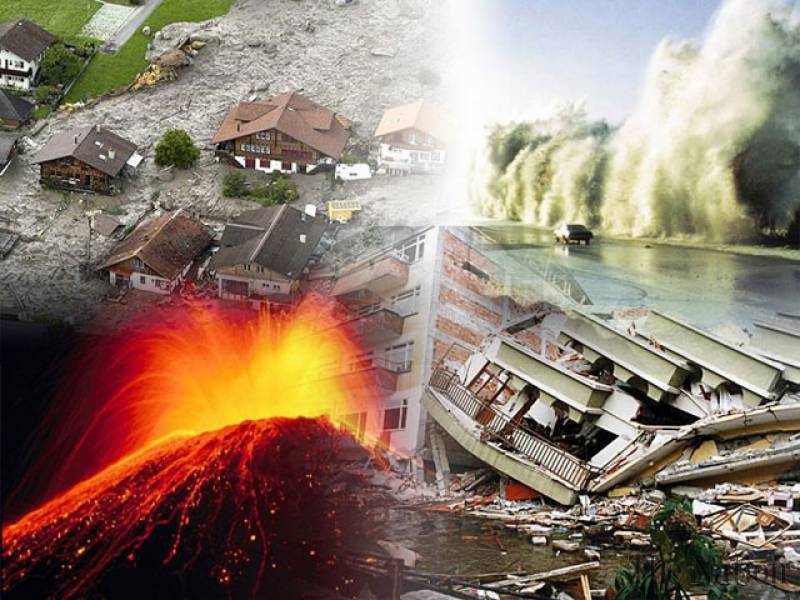 Natural catastrophe losses total $90 bn in 2015
Natural catastrophe losses total $90 bn in 2015
Insurance cost of natural disasters falls in 2015: Munich Re
 Natural catastrophe losses total $90 bn in 2015
Natural catastrophe losses total $90 bn in 2015
Dillon Hess
|
05 January, 2016, 01:47
Recommended
- Putin gifts Mahatma Gandhi's notes, Indian sword to Modi
- India to lower age for trying youth for serious crimes to 16
- President Of Croatia Bikini Pics Are Actually Fake
- BSF plane crash in Delhi, all on board dead
- ISIS to get 'tougher' in face of airstrikes: Audio recording
- Munich stations reopen but Islamic State terror warning remains in place
- Sheep Found After Six Years Gets A Trim
- Iraqi forces are close to retaking Ramadi
- Denver Broncos Odds to Win Super Bowl 50
- NFL Fines Panthers' CB Josh Norman $26K
- United States stocks plunge at open after China's rout
- Fire at boys' treatment facility under investigation
- China's two-child policy to begin on January 1
- Company Shares of Enbridge Energy Management LLC (NYSE:EEQ) Rally 0.81%
- Overheating hoverboard blamed after fire severely damages Melbourne home
Trending Now
Dont Miss
Popular destinations
- Best Non Gamstop Casino
- Non Gamstop Sites
- Casino Not On Gamstop
- Casino Not On Gamstop
- Casino Online Non Aams
- Non Gamstop Casinos
- Sites Not On Gamstop
- Non Gamstop Casinos Uk
- Sites Not On Gamstop
- Non Gamstop Betting Sites
- Best Online Casino Canada
- Online Casinos Not On Gamstop
- オンラインカジノ 一覧
- Mejores Paginas De Poker
- Gambling Sites Not On Gamstop
- Casinos Not On Gamstop
- UK Casinos Not On Gamstop
- Non Gamstop Casino Sites UK
- Slots Not On Gamstop
- UK Online Casinos Not On Gamstop
- UK Casino Not On Gamstop
- Meilleur Casino En Ligne France
- Meilleur Casino En Ligne
- Casino Not On Gamstop
- Bookmaker Not On Gamstop
- Casino Non Aams
- Meilleur Casino En Ligne Belgique
- Jeux Casino En Ligne
- Casino Online Esteri
- カジノ 仮想通貨
- Casino Live
- I Migliori Siti Poker Online
- Casino En Ligne Avis
- Migliori Casino Non Aams
- 코인카지노
- Casino En Ligne Français
- Nouveaux Casino En Ligne
- Casino En Ligne France
- Casino En Ligne France
